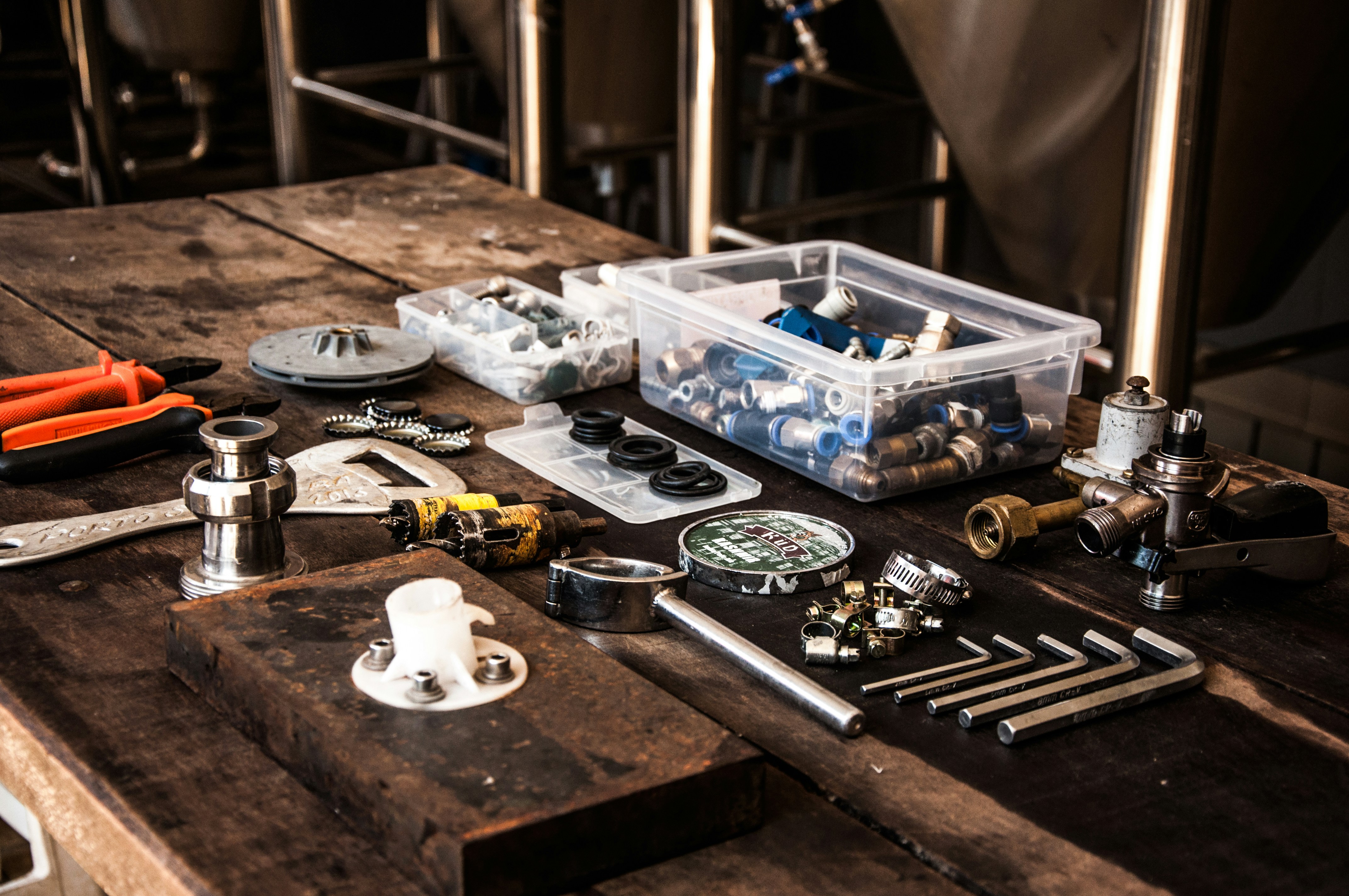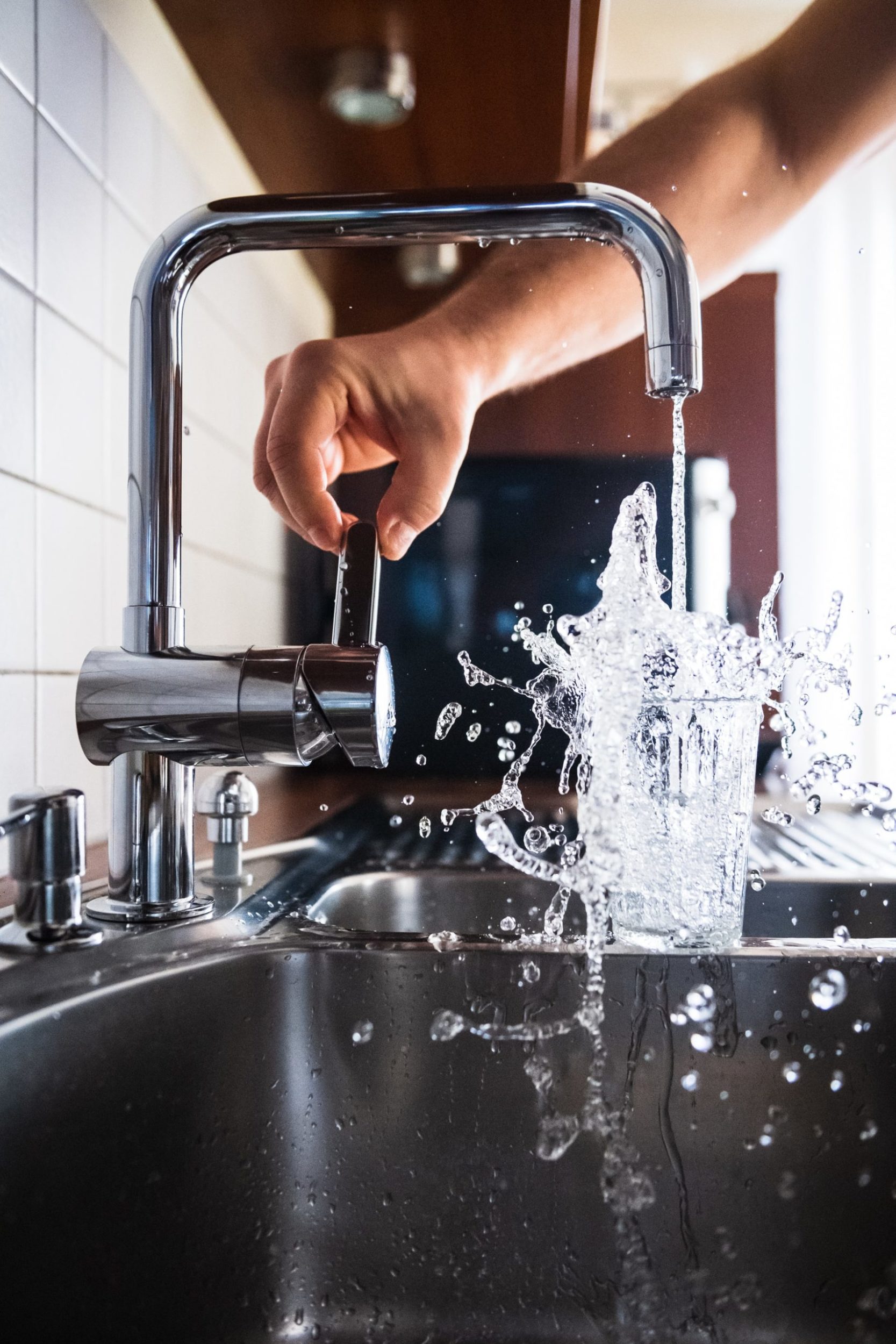As a homeowner, there’s plenty you have yet to learn about your house, and that’s a good thing! Imagine if you already knew everything about tiling, fixing your water heater, and taking care of your garage floor when you first moved into your new home? With nothing left to learn, life can get boring.
One thing that homeowners tend not to know a lot about is the water flow in their homes. This is one area where homeowners, no matter how savvy, usually opt to call a professional plumber to do the work. But just because you’re calling a plumber to look at your hot water heater, your faucet, or any other water flow element doesn’t mean that you shouldn’t understand the mechanics of the system. You should be able to speak with the plumber you’ve hired about their work, especially so that you’ll be able to maintain the system more successfully in the future.
While it’s true that you should probably call a professional plumber in if you find that your hot water turns cold after a few minutes, it’s also a good idea to know where the hot water is coming from. That way, your plumber will find it easier to explain why hot water is becoming cold water with no warning.
Where does your water come from?

Any water that’s in your house—from the kitchen faucet or the shower to the washing machine or any other appliance—comes from the water main at the edge of your property. Your property’s water main is connected to the city’s water supply, and that source differs depending on location. Once it leaves the main city water pipes, your water enters your house through pipes that should be buried deep enough so that they don’t freeze in the winter. These pipes are larger and are usually made of plastic, iron, or copper.
How does it get heated?
Once entering your house, your water gets separated into two separate routing systems. The cold water system goes straight into your appliances without making its way through the heating system. This is why, even if your heating system isn’t working, you’ll still get plenty of cold water in your faucets and dishwasher. The hot water supply is different, though. Your hot water has to go through the hot water heater where a heating element, usually found at the bottom of the tank, heats it for you to use in a hot shower or dishwasher. Some hot water gets heated using a coil; some hot water gets heated using natural gas—it really depends on the heating system you have installed in your house. There are even tankless water heaters out there (that are more and more popular these days) that heat your hot water within the plumbing system without collecting it in a water heater beforehand. Depending on the heating system you have installed, you can use either a pilot light or a thermostat to tell if the water heater is off. If your hot water has become cold water with no warning (say, while you’re in the tub or trying to take a hot shower), these are the first places to check if something’s gone awry in your plumbing system.
How long does a water heater repair take?

Again, this depends on the plumbing system and the heating system you have in place. It also depends on the intricacy of the fix. If the culprit is something easy, like relighting the pilot light, you’ll have your hot water up and running in no time. If you have an older model heating your hot water, there may be corrosion or built-up calcium, magnesium, and other sediments in the tank. That’s a much bigger deal to handle. Either way, it’s good to have a plan B for your family members while the plumber is fixing any hot water issues you have. This type of scenario is exactly why you should buy an iPad for your child, whether they’re a toddler or in high school. If they’re watching Elmo or playing the latest video game on a new iPad, you can bet they won’t be in your hair while you’re trying to fix the bathroom.
